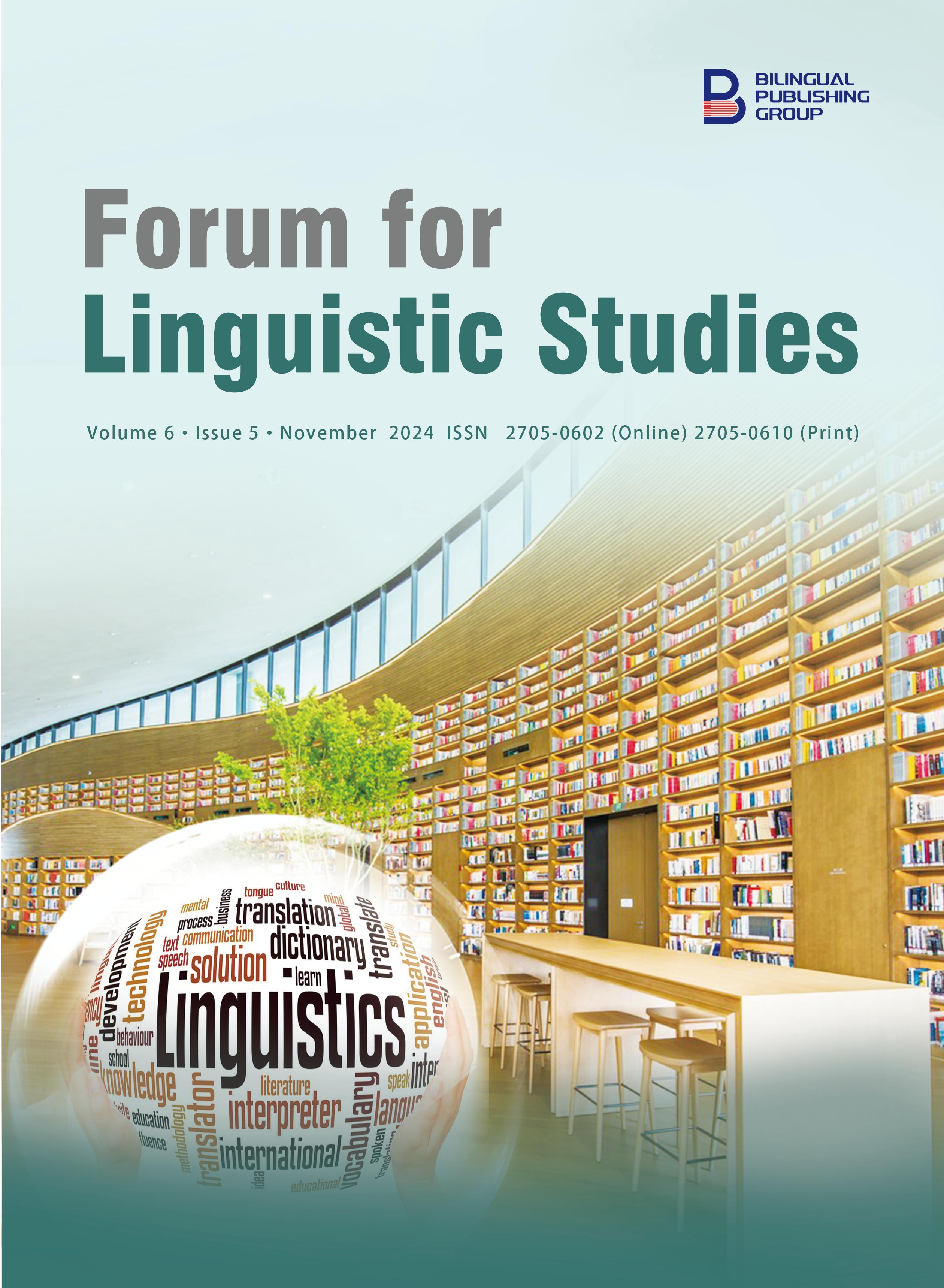Acknowledgment to the Reviewers of Forum for Linguistic Studies in 2025
The Editors and Publisher of Forum for Linguistic Studies extend their sincere appreciation to all reviewers who contributed their time, expertise, and scholarly judgment to the peer-review process in 2025.
Peer review is a cornerstone of high-quality academic publishing. The careful, fair, and constructive evaluations provided by our reviewers play a critical role in maintaining the scientific rigor, integrity, and credibility of the journal. Their contributions not only support editorial decision-making but also assist authors in improving the clarity, validity, and impact of their research.
We deeply appreciate the commitment demonstrated by reviewers, whose voluntary service represents an essential contribution to the global academic community. The journal remains firmly committed to recognizing the value of peer review and to continuously enhancing the transparency, efficiency, and quality of its editorial and review processes.
The following individuals served as reviewers for the journal during 2025.
Names are listed alphabetically.
Please refer to the attachment in the announcement.






 Lingyi Zhou
Lingyi Zhou



